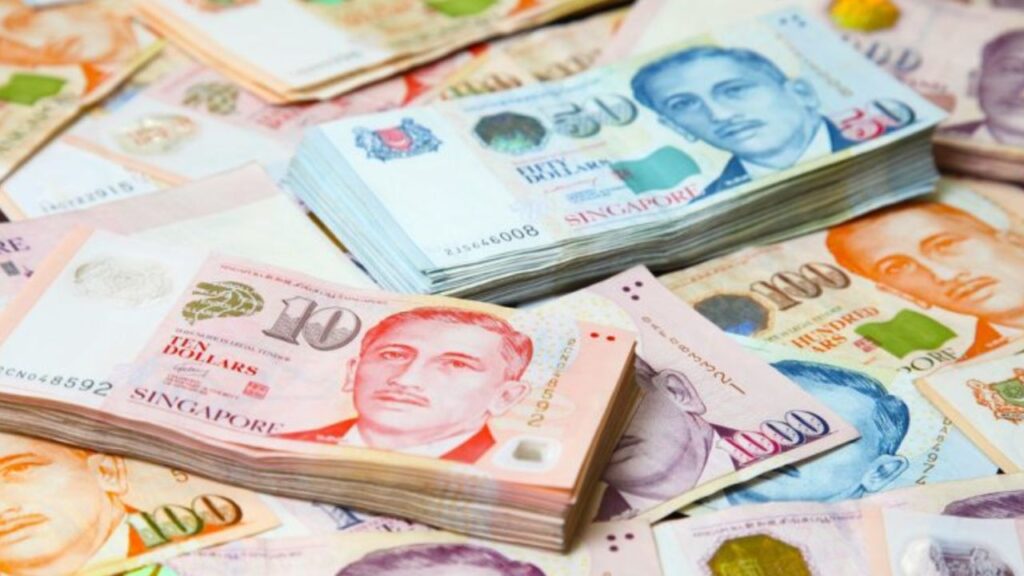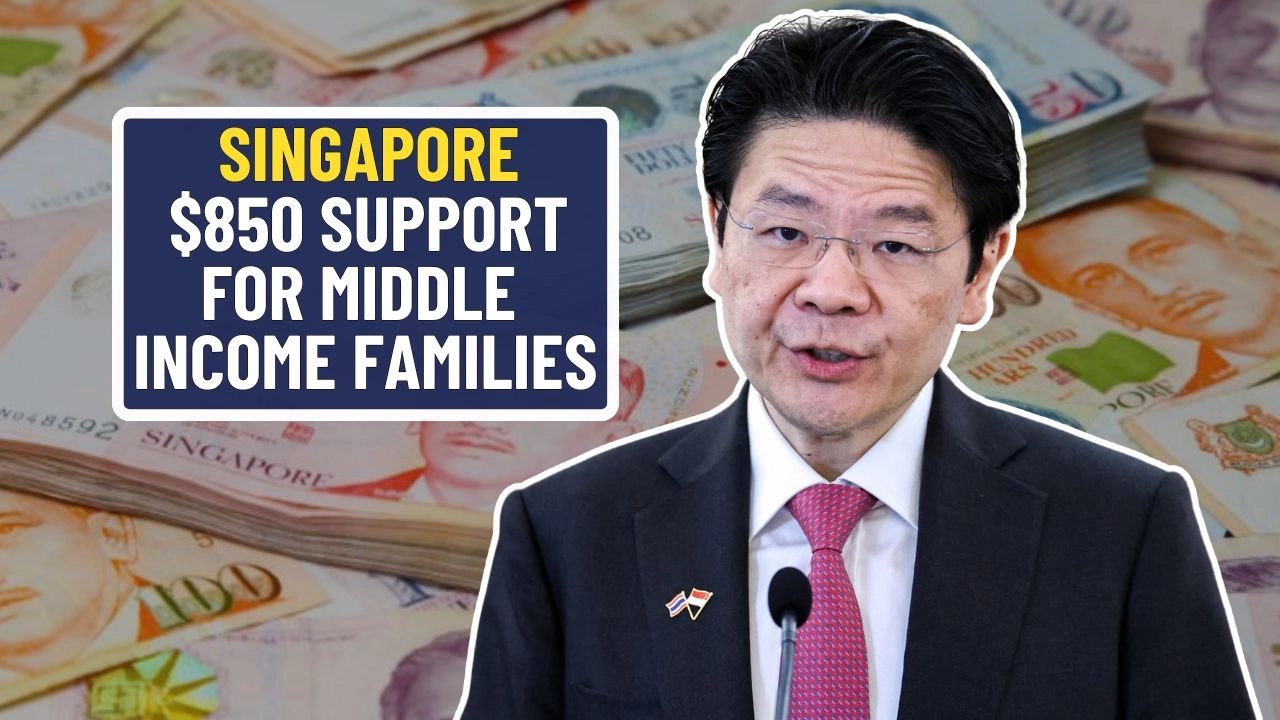Singapore’s Budget 2025 announcement in May brought with it a focused financial measure designed specifically for middle-income families. A one-time cash payout of $850 will be granted to qualifying households, addressing the rising burden of living expenses amid economic uncertainties. This targeted move seeks to fill the support gap for citizens who earn above the threshold for low-income aid but are still vulnerable to inflationary shocks and economic pressures.
Identifying the Right Recipients Through Refined Criteria
To ensure the cash assistance reaches those most in need, specific eligibility conditions have been outlined. The scheme targets middle-income families whose total annual assessable income falls below $100,000. It further filters applicants based on factors such as household size, number of dependents, and property ownership status. Only households with a single property are considered, and all adult members must be Singapore citizens or permanent residents aged 21 and above. This measured approach helps to direct resources to those who often slip through traditional aid systems.
Purposeful Aid Designed for Socioeconomic Inclusion
Beyond its role as a monetary boost, the payout forms part of a broader government initiative to strengthen financial inclusivity. As inflation drives up costs for essentials such as groceries, utilities, and transportation, this cash transfer acts as a safety net for families feeling the pinch. The initiative also complements existing government support like healthcare subsidies, utility rebates under U-Save, and financial assistance for education, contributing to a more holistic financial support ecosystem.
Seamless Payout Mechanism for Swift Distribution

To ensure smooth and prompt delivery, the government will use pre-established digital payment platforms such as GIRO and PayNow, which are already linked to recipients’ NRICs. Most qualifying households will receive the $850 automatically without needing to file separate applications. Those wishing to verify or update their banking information can do so easily through the Singpass portal. Payments are scheduled to begin in July 2025, a time that often sees increased family expenditure due to school and utility costs.
Impact on National Spending and Citizen Confidence
Initial public response to the payout has been largely positive, with many praising the government’s attentiveness to the often-overlooked middle-income group. Economists also suggest that this infusion of cash will boost domestic spending, particularly in sectors serving local households. By reinforcing financial stability among the middle class, the measure helps ensure continued consumer confidence, which is crucial for broader economic resilience and recovery.
Filling the Gaps Left by Traditional Aid Programs
One of the defining strengths of this support measure is its recognition of a demographic that typically does not benefit from mainstream assistance programs. Middle-income households frequently face the challenge of managing costs without access to targeted government help. This initiative offers a timely cushion, ensuring that economic support policies are not restricted to just the lowest earners, but reflect the broader financial realities experienced across society.
Signals of Evolving Policy Direction in Social Aid
Although the payout is a one-time occurrence, it represents a strategic shift in Singapore’s approach to social assistance. The use of income-based assessments combined with automatic disbursement tools indicates a move toward more agile, data-driven policymaking. As Singapore continues to refine its welfare strategies, there is growing anticipation of further innovations in support structures that can adapt quickly to fluctuating economic conditions.
Charting the Future of Adaptive Fiscal Support
This middle-income assistance initiative under Budget 2025 may well set the tone for future financial relief measures in Singapore. Policymakers are already examining the integration of smarter digital systems to streamline needs assessment and enhance responsiveness. With continued emphasis on fairness and precision in fiscal planning, Singapore’s approach to economic support is steadily becoming more dynamic, inclusive, and in tune with its citizens’ evolving financial needs.


